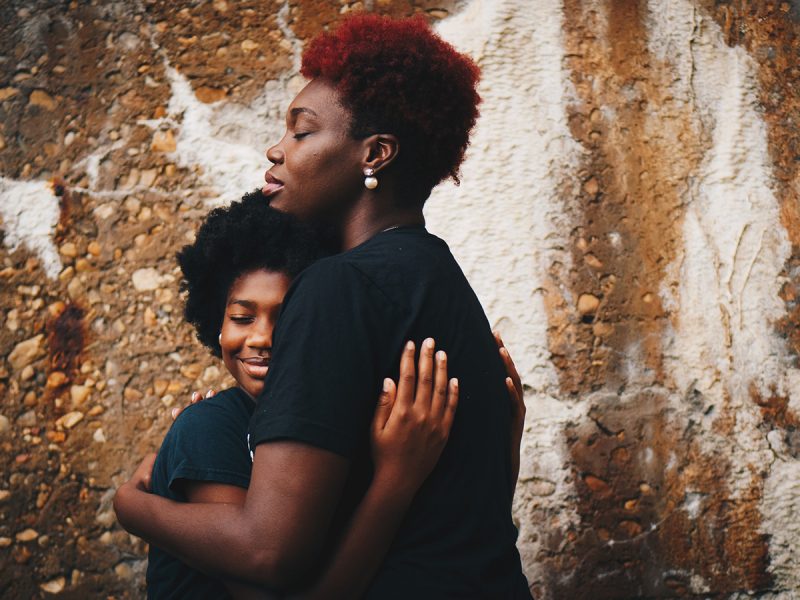
Bridging the “teen” gap
I was speaking at a parenting conference this past month and teaching simple ideas to help bridge the gap for parents, tweens and teens. So much about communication is simply habits and skills. So how would you evaluate your communication habits with your kids? Do you listen with intent to understand or do you tend to interrupt? Do you forget a person’s name one minute after you meet them? Do you tend to over-function in your communication where it seems if you don’t talk – no one will. Do you talk mostly about yourself or are you intent on making the conversation is also focused on them? Remember the more we are aware of ourselves – the more likely we will do something to improve it. Here are some tips:
Tip #1: Don’t over-function in your communication
In all relationships, there is an over-functioner and an under-functioner. It’s like a teeter-totter: the more one over-functions and does all the work, the more the other under-functions. In many parent and teen relationships, parents over-function and do all the work – asking all the questions, doing all the talking -– and the child answers with one word answers, “Yes… No… Yes… No…” This creates a frustrating and unsatisfying conversation. The trick, if you’re an over-functioner, is to pull back; give some space for your child to do more of the talking. They may not talk a lot more, but it will change the dynamic and create a more relaxing and less tense environment.
Tip #2: Be sure you’re not cutting them off
If we’re trying to get our kids or teens to talk, then be really careful about actually letting them talk. I’ve witnessed this hundreds of times: a child starts talking and the parent cuts them off and starts sharing their opinion. This only frustrates the child and discourages them from wanting to share. If your child is sharing with you, just listen. Don’t cut them off or give them solutions. Listening is the more powerful solution.
Tip #3: Ask how your teen is doing
Asking a person how they are doing is just a common phrase that most of us respond to like robots. We say ‘good’ without even thinking about how we are really doing. Try asking your kids this question but change the tone and slow down the message. Ask, “How are you really doing?” If you can sense something is going on with your child, take the time, go to their room, ask how they are doing and if they would like to talk. So often, in the moment, we tell others we’re ‘fine’ when actually this is furthest from the truth.





